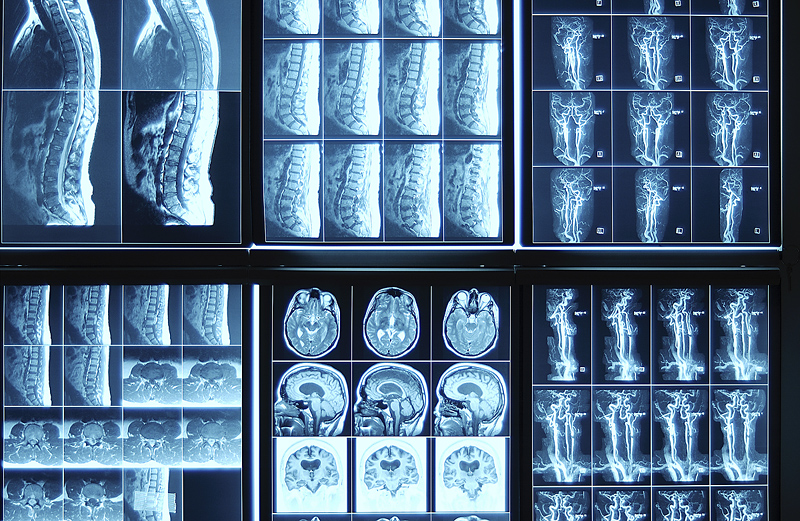
WEDNESDAY, April 11 (HealthDay News) — A simple anti-inflammatory drug significantly cuts the risk of painful pancreatitis after patients undergo a specialized scope exam of the digestive tract, a new study suggests.
Researchers found that a single dose of indomethacin administered rectally after the procedure — known as ERCP (endoscopic retrograde cholangiopancreatography) — slashed the incidence of pancreatitis to 9.2 percent, compared with 16.9 percent in patients who received a placebo.
It also reduced the severity of post-ERCP infection. Of the 602 patients studied, moderate-to-severe pancreatitis developed in only 4.4 percent of the indomethacin group, compared with 8.8 percent among placebo patients.
“This is a very specific type of pancreatitis that occurs as a result of the ERCP, which is done an estimated 500,000 times annually,” said study author Dr. B. Joseph Elmunzer, an assistant professor of internal medicine in the division of gastroenterology at the University of Michigan. “This is not something that’s on everybody’s radar . . . but these problems are surprisingly common.”
The study is published April 12 in the New England Journal of Medicine.
Each year, about 210,000 Americans are hospitalized with acute pancreatitis, a sometimes-deadly infection, according to the U.S. National Institutes of Health. The main symptom is severe abdominal pain in the upper left or middle regions, and the most common cause of the inflammation is the presence of gallstones, followed by heavy alcohol use.
Patients undergoing ERCPs typically have problems with the flow of bile and pancreatic juices into the small intestine, where they aid digestion. A significant percentage of these patients develop pancreatitis after the procedure, Elmunzer said. This happens for a variety of reasons, including patient risk factors and irritation to the bile duct or pancreas by the scope or other tools used, he said.
Indomethacin, a non-steroidal anti-inflammatory drug that costs about $2 per dose, is the first drug among dozens studied for this problem that has been shown to be extremely effective, Elmunzer said.
“I think it’s pretty clear it’s the first medication everyone’s going to accept as a preventive measure,” he said. “The data is there to recommend that all patients at higher risk should be getting it at the end of an ERCP. I think the next step is to get the message out and promote implementation because I think the clinical impact will be immediate.”
Dr. David Bernstein, chief of the division of gastroenterology at North Shore University Hospital in Manhasset, N.Y., said the drug may significantly reduce the number of costly hospitalizations needed by patients undergoing ERCPs, which typically are done on an outpatient basis.
“The study is really straightforward and impressive and surprising,” Bernstein said. “It’s a very important finding.”
Elmunzer noted that indomethacin, because of its nominal cost, is “proof of principle” that health care innovations don’t have to come with a steep price tag.
“Because of how expensive health care is becoming, it’s imperative that researchers start looking at innovative, low-cost ways to improve health,” he said. “This is a perfect example.”
More information
The U.S. National Library of Medicine has more information about acute pancreatitis.

